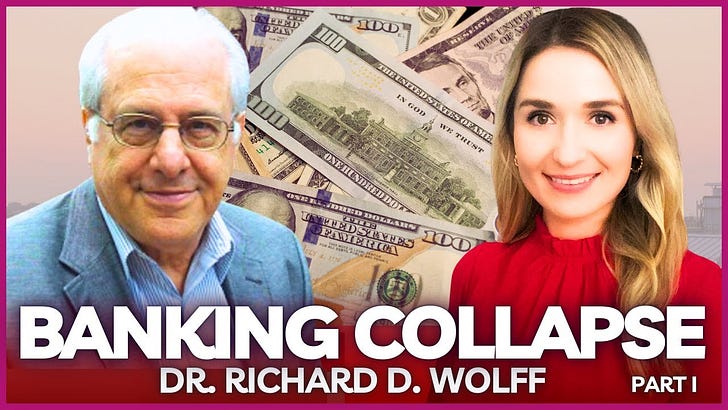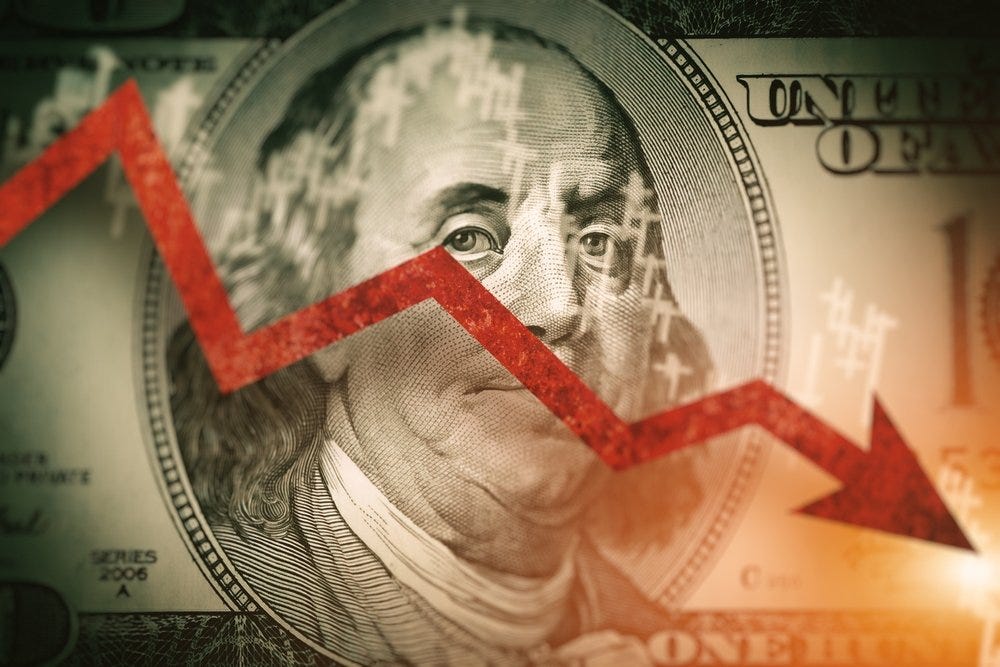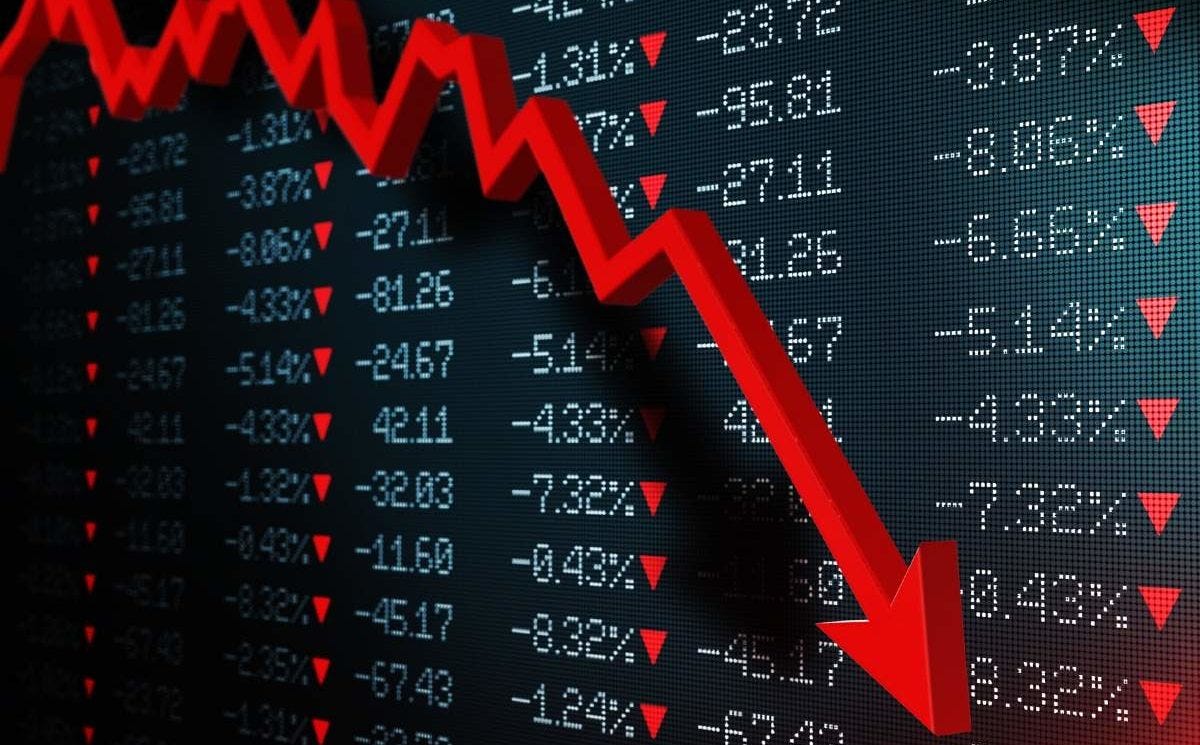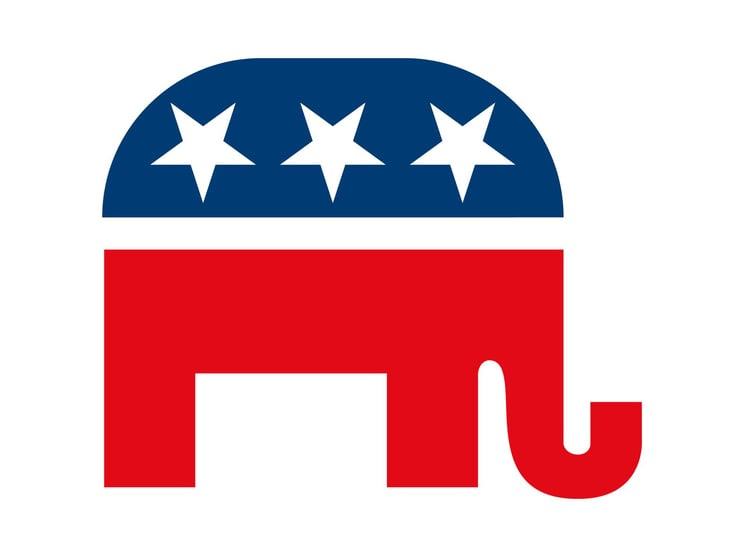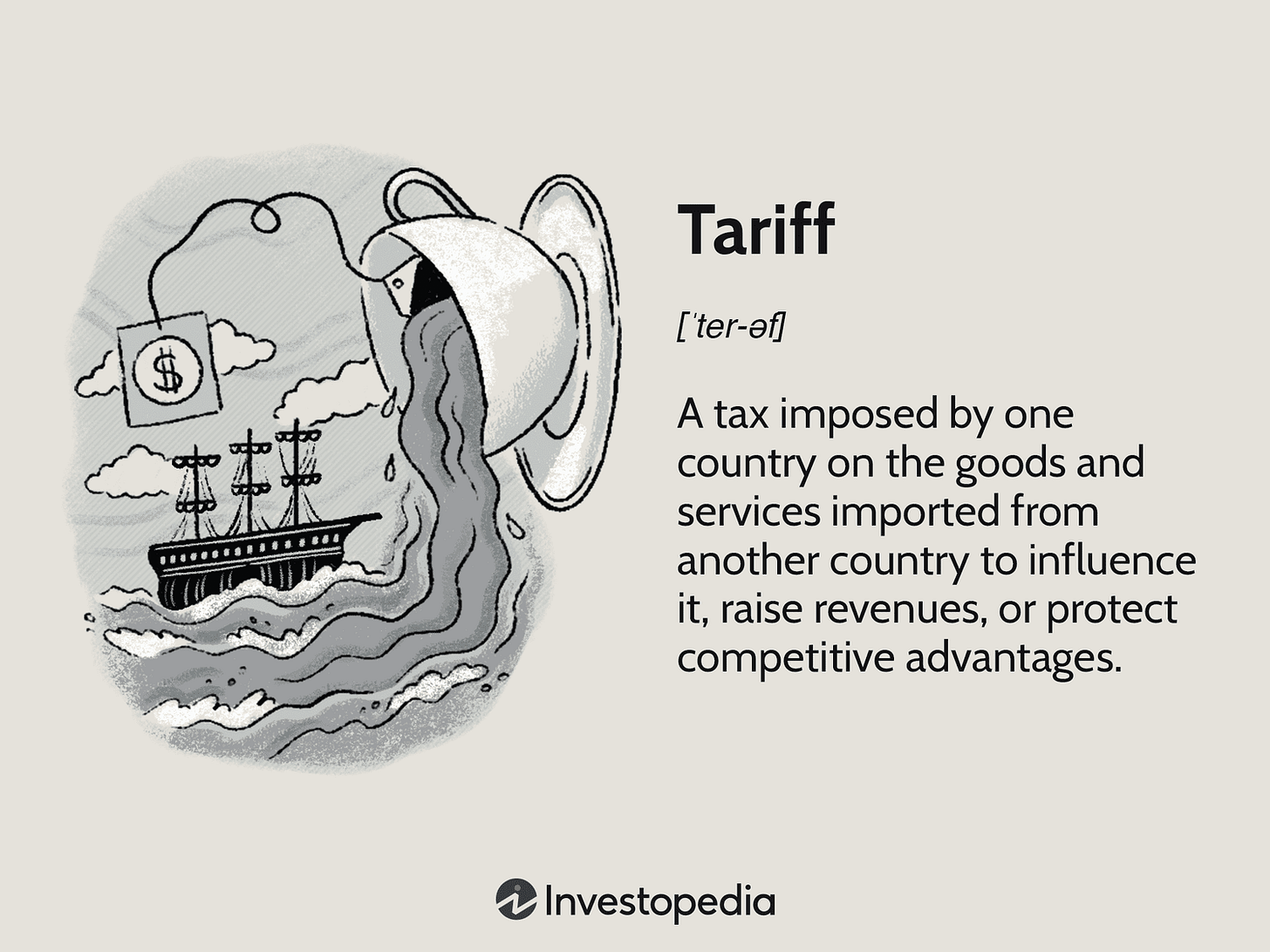Economic Uncertainty: Insights from Economist Richard Wolff
A Video Analysis with Lena Petrova on the Future of the US Economy and Global Shifts
Join Lena Petrova and Professor Richard Wolff as they dissect the complexities of the US economic landscape, explore the implications of political decisions, and provide a thought-provoking analysis on what lies ahead. Whether you're an investor, a business professional, or simply an individual concerned about the economic future, this episode offers invaluable insights and a deeper understanding of the challenges and opportunities that define our times.
The US economy appears to be teetering on the brink of a significant downturn. Domestically, economic indicators continue to weaken, while globally, alternative financial systems are emerging that may challenge the US dollar's status as the world's reserve currency. To shed light on these pressing issues, Lena Petrova welcomed back Professor Richard Wolff, a renowned economist and co-founder of the organization Democracy at Work, to her show.
Introduction
"How many times are we going to bail out the banks?" This question, posed by Professor Richard Wolff, encapsulates the growing frustration among Americans towards repeated financial rescues. As the US economy faces mounting challenges, Wolff’s insights provide a sobering analysis of the current situation.
The State of the US Economy
Professor Wolff began by addressing the recent economic data. US job growth is declining, and unemployment numbers are rising. "Employment gains have been part-time jobs while the number of full-time jobs has been declining," Wolff noted. This discrepancy is concerning, especially when Federal Reserve Chair Jerome Powell claimed that the labor market is "fully back in balance."
"Balance is like beauty," Wolff remarked. "It exists in the mind of the beholder. Most Americans right now are worried about their jobs, salaries, and the prices they have to pay." He criticized Powell's comments, emphasizing that the Federal Reserve's role has been to manage the inherent contradictions of capitalism, oscillating between inflation and recession, but without solving these systemic issues.
Historical Context and Persistent Issues
Wolff highlighted the recurring economic downturns in the US since the early 2000s: the dot-com bubble burst in 2000, the financial crisis in 2008, and the recession triggered by the COVID-19 pandemic in 2020. "Every four to seven years, we have a crash or a downturn or a recession," Wolff pointed out. This cyclical instability, coupled with growing income inequality, has only exacerbated the economic woes.
Adding to these challenges is the emergence of China as a major global economic competitor. "For the first time in a century, the United States has a major global economic competitor," Wolff said, referring to China's rapid economic growth and the increasing influence of the BRICS nations. This shift has profound implications for the US and its economic policies.
The Banking Sector's Vulnerabilities
Concerns about the US banking sector are also mounting. In his recent testimony, Powell alluded to long-lasting commercial property risks. "Small to mid-sized banks have the highest exposure to commercial real estate loans," Wolff explained. With office vacancy rates exceeding 20%, landlords are struggling to pay their loans, and this is putting additional pressure on banks.
"The only plan is to let it collapse and then turn to the government," Wolff warned, referring to the repeated reliance on government bailouts during financial crises. However, he noted that public tolerance for such bailouts is waning. "Now when people say how many times are we going to bail out the banks, the answer has to be very different from what it was before."
The Role of Upcoming Elections
The upcoming US elections add another layer of uncertainty. Wolff highlighted the potential economic disruption that could arise from the political landscape. The Republican party's platform, which includes proposals for a 10% across-the-board tariff and a 30% tariff on Chinese goods, could have far-reaching consequences.
"That changes everything," Wolff emphasized. "Every supply chain, every government in 190 countries will have to rethink where their future is." The economic nationalism espoused by such policies could significantly alter the global economic order.
Global Economic Shifts
Wolff also discussed the broader global economic shifts, particularly the rise of China. "China can grow economically faster than anybody in the world," he stated. This rapid growth has positioned China as a formidable competitor, producing high-quality, affordable goods that challenge US industries.
"The rest of the world that competes with the United States can buy cheap, high-quality inputs from China," Wolff noted. In contrast, US tariffs and political tensions make it harder for American industries to access these inputs, putting them at a disadvantage.
Conclusion
In conclusion, Professor Wolff painted a stark picture of the US economy's current state and future prospects. From cyclical downturns and growing inequality to global competition and political uncertainties, the challenges are manifold. "Let's look soberly and honestly at what the problems are," Wolff urged. Only by acknowledging and addressing these issues can the US hope to navigate the turbulent economic landscape ahead.
Support Our Work with a Bitcoin Donation
We also offer the opportunity to support our work and help us continue building the Financial Anarchy community. If you would like to contribute, we gratefully accept donations in Bitcoin. Your support will enable us to create more educational content, engage in meaningful activism, and further our mission of challenging the status quo. To donate, please use the following Bitcoin address:
bc1qmzzj5lfhe5ghv2yh3tfgt3qcuycl3r6n4llrsk
Thank you for joining us on this journey of understanding and change. Together, we can shape a brighter financial future for all.


